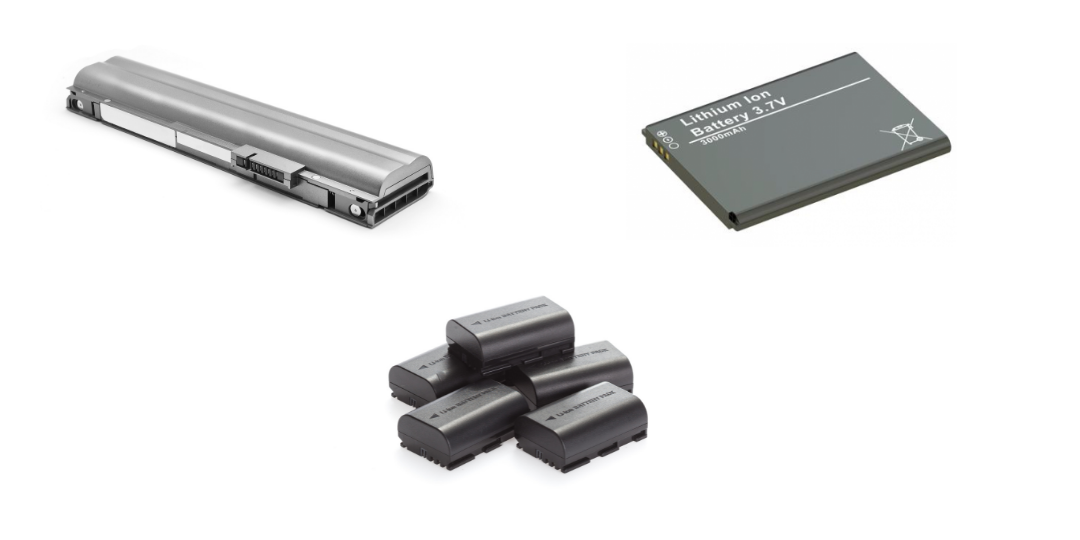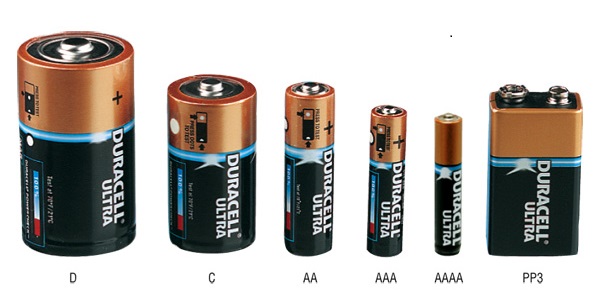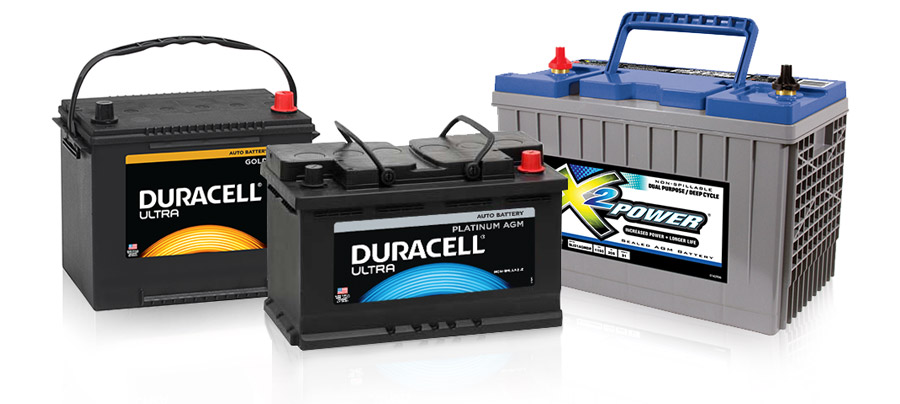
How any given battery should be safely disposed of or recycled depends on its chemistry (i.e. the chemicals it contains to store and discharge energy). This can be difficult to understand because batteries with very different chemistry can look quite similar. This page goes through each battery type and explains the safest, most environmentally friendly options for disposal.
Note: Kane County does not endorse any particular battery manufacturer or recycler. All names and images are for illustrative purposes only.
Lithium Ion Batteries
These are high-energy rechargeable batteries typically used in household electronics (e.g., laptops & tablets, cell phones, headphones, hover boards) and in electric vehicles. Sometimes the batteries can be removed from the devices they power and sometimes they cannot. NEVER place old or unwanted lithium ion batteries or devices containing them into household trash or recycling bins. These batteries can explode or catch fire if handled incorrectly, and
they have been causing frequent fires in trash and recycling trucks and facilities. There are many options for recycling loose or contained lithium ion batteries, including drop-off at the Kane County Recycling Centers, at any of the drop-offs listed and mapped below, and through
Household Hazardous Waste (HHW) programs. Please place each loose battery in its own sealed baggie for safety when dropping off.
NEW, Nov. 2023: Damaged rechargeable lithium batteries present a special hazard.
See our new page on damaged lithium batteries to learn how to recognize problems, how to dispose of damaged batteries and battery containing devices, and how to reduce risks at home.

Lithium ion batteries can explode or catch fire and require special handling.
Lithium Primary Batteries
These are single-use batteries that contain lithium. They are not as hazardous as lithium ion batteries because they don't hold as much energy, but still pose a fire risk. They can be tricky to identify because they often look very similar to batteries with other chemistry, but usually have the word "lithium" printed on both the batteries themselves and the outer packaging. Coin cells containing lithium usually have a code printed or engraved on them that starts with the letters "CR." Lithium batteries should not be placed in household trash or recycling. They can be dropped off at the locations listed under "all dry battery types" below, and through Household Hazardous Waste (HHW) programs. Please place each battery in its own sealed baggie for safety when dropping off.

Lithium primary batteries can look a lot like other, less hazardous types. Look for the word "lithium" on the battery.
Non-Lithium Coin and Button Cells
These are small single-use batteries that are typically used in devices like watches, small home decorations and hearing aids. There are multiple different chemistries of coin and button cells that are difficult for consumers to tell apart, including alkaline, air zinc and silver oxide. Frequent users of these batteries should keep the packaging to remind themselves of the battery type when it comes time for recycling.
Alkaline and air zinc button cells can safely/legally be placed in the trash. However, some drop-off locations (see he locations listed under "all dry battery types" below) do take them for recycling. If throwing in the trash, please throw them out as you use them instead of storing them up and throwing them all out together. They can go into trash loose. Silver oxide batteries (often bearing an engraved code that starts with SR or SG) are valuable for recycling and of greater concern to the environment. They can be dropped off at the locations listed under "all dry battery types" below, and through Household Hazardous Waste (HHW) programs. Please place each battery in its own sealed baggie for safety when dropping off.
Alkaline Batteries
These are the most common type of single-use battery. Some people remember being told that they should not go into household trash because they contain mercury. However, federal
Mercury-Containing and Rechargeable Battery Management Act of 1996 ended the use of mercury in alkaline batteries.
Alkaline batteries can safely/legally be placed in the trash. However, some drop-off locations (seehe locations listed under "all dry battery types" below) do take them for recycling. If throwing in the trash, please throw them out as you use them instead of storing them up and throwing them all out together. They can go into trash loose. The best way to reduce alkaline battery waste is to switch to rechargeable battery types (e.g. rechargeable non-lithium, described below).

The best way to reduce battery waste is to switch from standard alkaline to rechargeable. One rechargeable NiMH battery can replace ~15 alkaline!
Non-Lithium Rechargeable Batteries
This type of battery can come in a lot of shapes and sizes. Some are the same size as standard alkaline, while others, typically used for power tools or similar devices, are much larger. They sometimes also come bundled together with a single charging tether. The chemistry is usually nickel metal-hydride (NiMH), nickel-cadmium (NiCd) or small sealed lead acid (Pb). These metals can leach from landfills and be highly toxic. Therefore, these batteries should not be placed in household trash or recycling. Once these batteries no longer hold charge, they can be taken to any of the drop-offs listed below or disposed of through Household Hazardous Waste (HHW) programs. Please place large and powerful batteries (small sealed lead acid, nickel-types >9 volts, bundled batteries) into individual sealed baggies for safety when dropping off.

Non-lithium rechargeable batteries come in several different configurations.
Wet Cell/Lead Acid Batteries
This type of battery is generally used for vehicles and sump pumps. They contain a significant amount of toxic lead and must be recycled. State law requires all retailers of these batteries to take old batteries for recycling when a new one is purchased. They should not be placed in household trash or recycling bins. Once these batteries no longer hold charge, they can be taken to a drop off for wet cells listed below or disposed of through Household Hazardous Waste (HHW) programs.

Heavy wet-cell batteries contain toxic lead acids
Check out our new interactive map of battery and light bulb recycling drop-offs in and near Kane County! Click on the "four corners" icon at the top right of the header bar to open the map in a new browser tab.
Battery Drop-offs (all dry cell, inc. alkaline - blue on map)
Elgin Township Highway Garage
(Kane County Residents only, NO Businesses!)
725 S. McLean Blvd.
Elgin, 847-741-4637
Elgin Fire Department, Station 2
(Kane County Residents only, NO Businesses!)
650 Big Timber Road
Elgin, (1/4 mile West of Route 31), 847-741-4637
Elgin Fire District Annex
(Kane County Residents only, NO Businesses!)
8N709 Stevens Rd.
Elgin, (Hopps and Stevens Roads), 847-741-4637